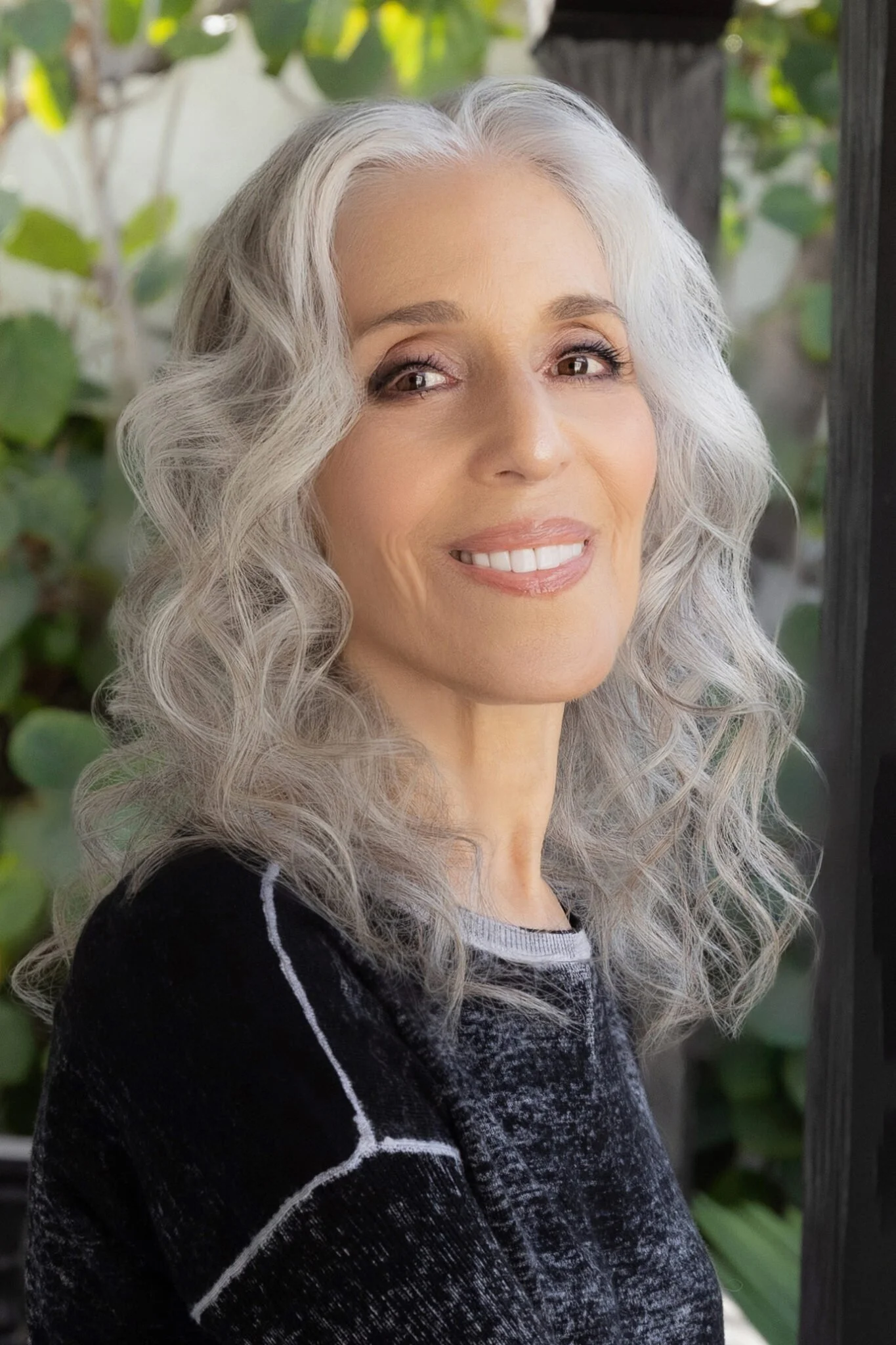
I’m Dr. Sandra Cohen. I practice psychotherapy and psychoanalysis in Beverly Hills and am available for Zoom teletherapy if you live in California or Florida. I work with people struggling with anxiety, panic, depression, PTSD, and obsessive worries. Many of my patients find it difficult to form lasting relationships, often repeating old, painful patterns, or carrying childhood trauma that makes it hard to trust. Some have tried therapy before without success, while others have been too afraid to start. If you’re considering therapy and aren’t sure where to turn, I’m here to help you begin your healing journey now.
Psychotherapy + Psychoanalysis in Beverly Hills
Psychotherapy + Psychoanalysis in Beverly Hills
Psychotherapy + Psychoanalysis in Beverly Hills Psychotherapy + Psychoanalysis in Beverly Hills
About
Me
I’m a licensed clinical psychologist and certified psychoanalyst with over forty years in private practice. I specialize in helping survivors of childhood trauma heal from depression, anxiety, dissociation, PTSD, and difficulties in love. I also serve as a Training and Supervising Analyst at the Psychoanalytic Center of California and write two blogs, one on this website and Characters on the Couch, where I share psychological insights through film and TV.
Treatment Areas
If you’re here, you may be living with pain that feels hard to put into words. Whether it shows up as anxiety, depression, or patterns in relationships, these struggles have a history—and they don’t have to define your future. Here are some of the areas where I can help you heal.
-
Unresolved childhood trauma can leave lasting scars. I help you safely uncover and heal those early wounds so they no longer define your life.
-
The effects of sexual abuse run deep, but together we can work through the pain and shame to restore trust, safety, and self-worth.
-
When depression won’t lift, I look beneath the symptoms to the unconscious causes so that genuine, lasting relief becomes possible.
-
Anxiety takes many shapes, and I help you understand and calm the unconscious fears that fuel your worries.
-
Panic attacks can feel overwhelming, and I work with you to get to the root of these sudden surges so you can regain control.
-
If worst-case scenarios keep taking over your mind, I’ll help you uncover the sources of these fears and find steadier ground.
-
When relationships repeat old, hurtful patterns, I help you understand how the past intrudes on the present so you can find love that lasts.
Clyfford Still, PH-950, 1950Schedule a Consultation
Schedule your complimentary 25-minute Zoom consultation now. That’s the best way to find out how I can specifically help you. See if you feel we’re a good fit. Ask me any questions you have. You and I, together, can create a treatment plan that’s right for you.
435 North Bedford Drive
Suite 406
Beverly Hills, CA 90210
310.273.4827
sandracohenphd@gmail.com
Willem de Kooning, Villa Borghese, 1960.


